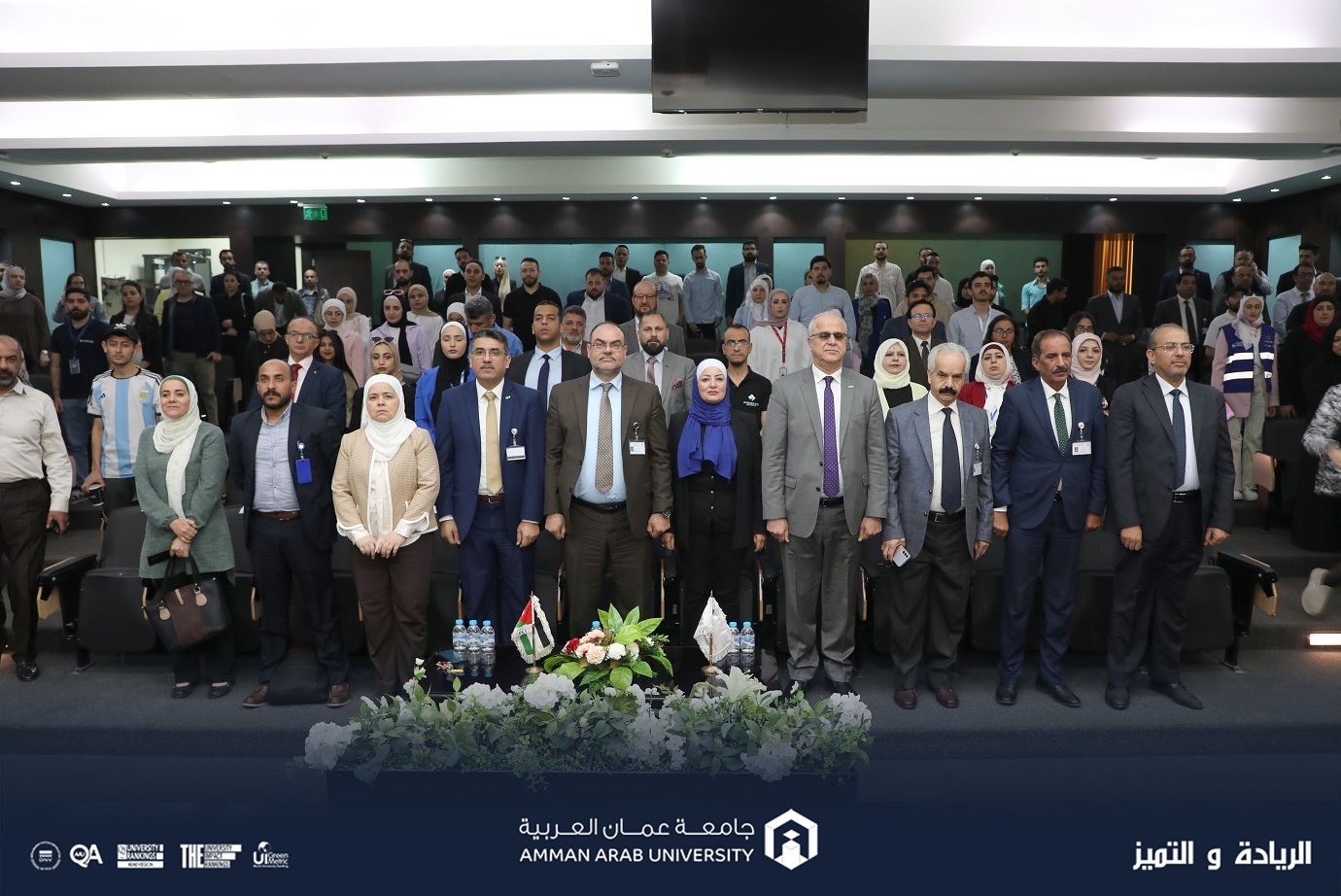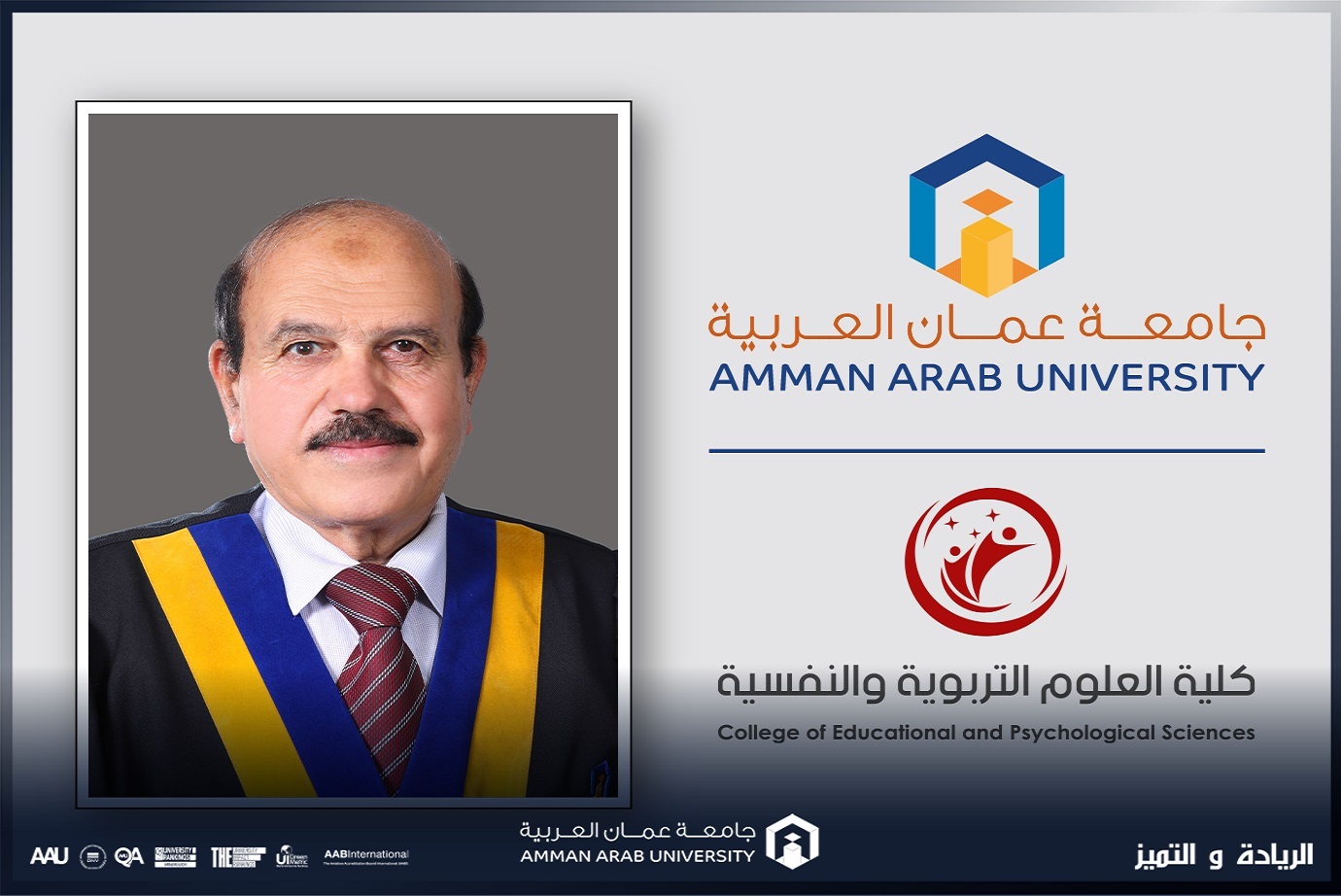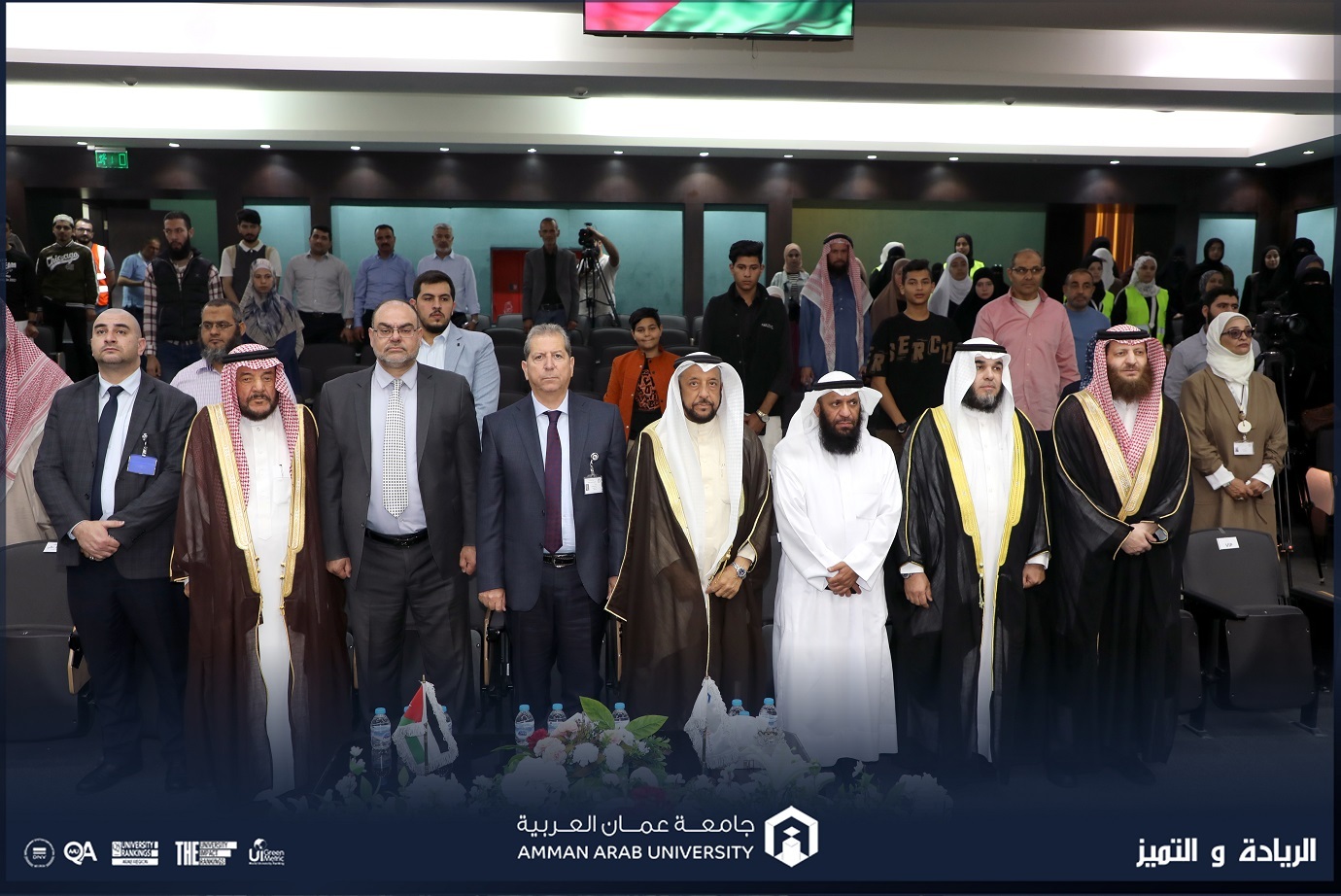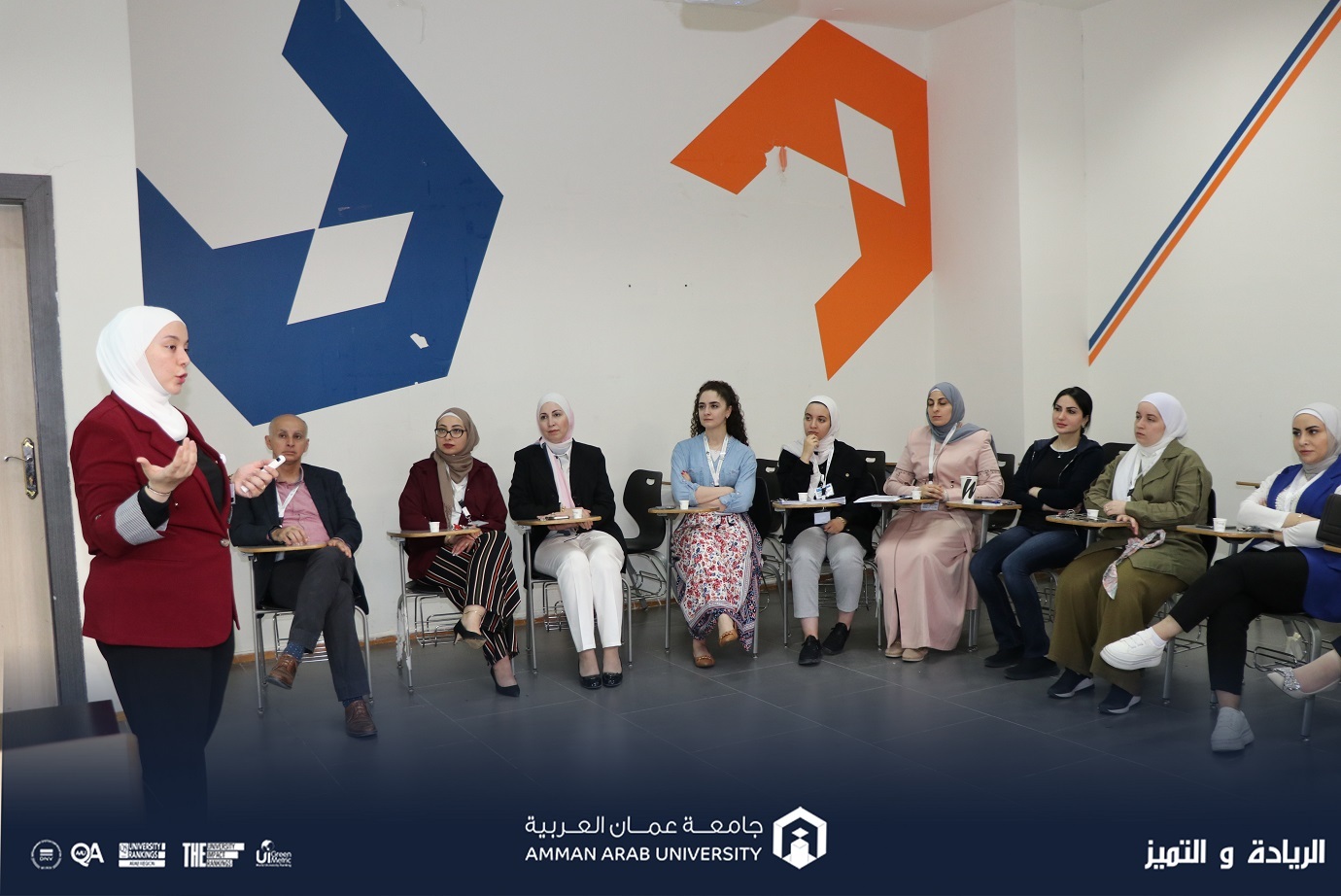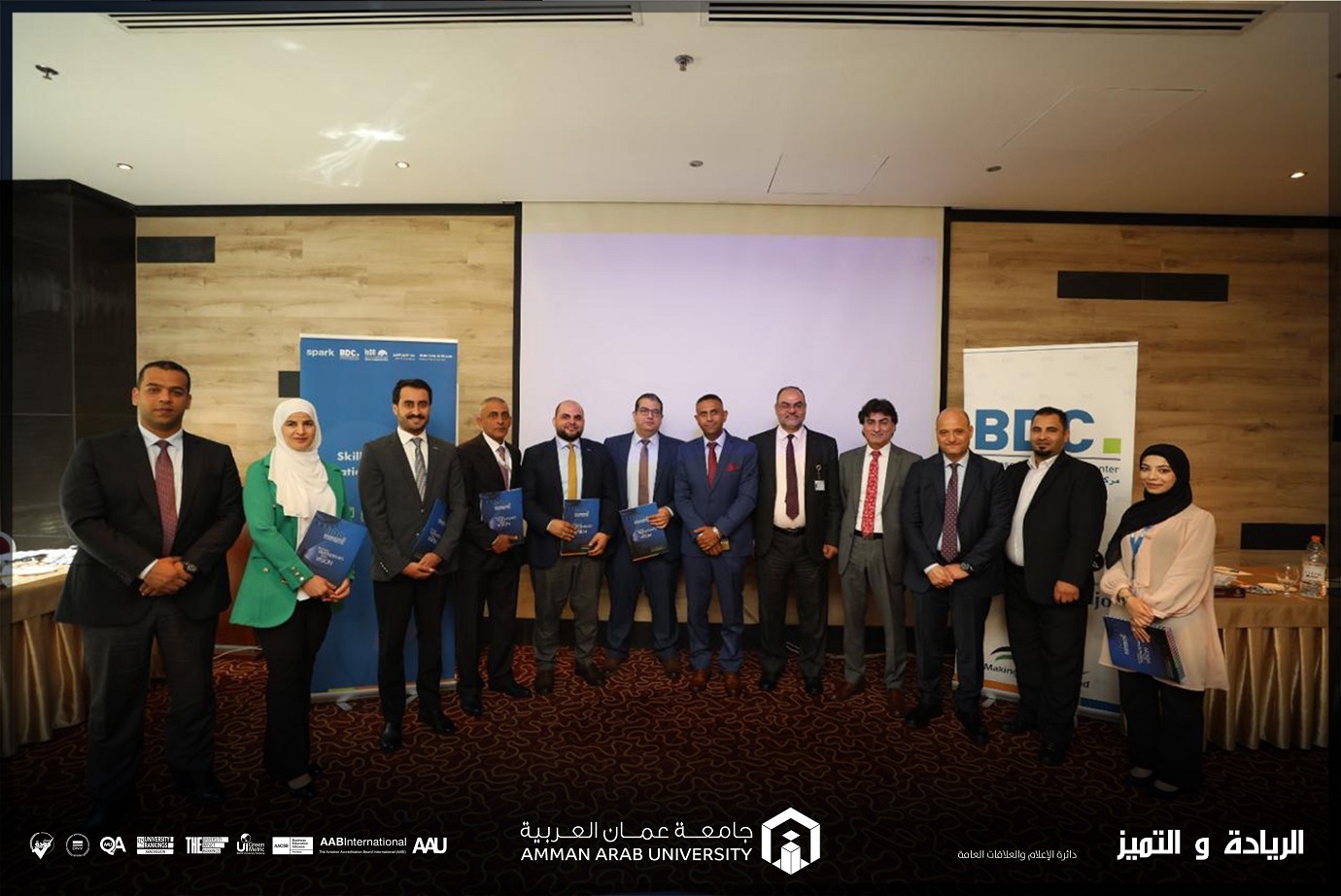Labor Market and the Uncertainty of students Selecting University Scientific Majors
By: Prof. Dr. Younes Megdadi, Amman Arab University
We congratulate our sons and daughters and their families for success in high school, and we say to those who were not so lucky, hope in God is your ally, God willing. That our children pass the high school station is the beginning of the road to the second and important station in the lives of these successful people, which is to enroll in universities to be armed with science, knowledge and skill to have a footprint in building their society and institutions towards sustainable development.
As usual, the families of these successful students, before and after the announcement of the results of high school, ask many questions, all of which are related to university scientific disciplines with reference to the labor market and employment opportunities. In their choices of scientific majors, not to mention the lack of awareness of the labor market and its needs represented in the available job opportunities, which is important, which stopped us to talk about an important station concerning the future of these students.
Lack of awareness and systematic education for high school students and their families, about the labor market and employment opportunities may make students and their families confused, and this does not serve the interest of students, their future and society as a whole, despite everyone hearing about the so-called applied disciplines of an applied nature and calling on many to direct In light of the transition to the digital economy, the scene is still uncertain.
Psychological and cognitive disorder of high school students and their families still exists in the absence of accurate information on the reality of the labor market and its needs, in addition to the absence of educational and informational programs aimed at educating and raising awareness of the community and as a matter of social responsibility and in a realistic manner to facilitate them to make their fateful decisions against their children in their choice of the most demanded and employable scientific disciplines At the same time, to remove deeply rooted concepts and beliefs against certain disciplines they are fond of, such as medicine, engineering, law, and others.
Recently we have heard, through one of the televised media that the Ministry of Higher Education will clearly place students on some stagnant majors, and it will be visible on the approximately 42 official university admission applications online, as an attempt to direct students to exclude them and move towards other disciplines. This is a good step and is appreciated to protect the future of students. But this leads us to another important question related to our topic of why these disciplines not canceled or frozen as long as they are saturated and stagnant and their graduates are unemployed.
Based on our keenness, as partners, that the process of removing the ambiguity of choosing scientific disciplines has become a societal demand, and we see that there are solutions that can be studied and we suggest from them linking all scientific disciplines in current universities and expected to be developed to the labor market and employment opportunities for their graduates, and eliminating and not freezing the saturated or stagnant disciplines as a reason to increase unemployment rates, restructuring majors in universities within a future feasibility to control the number of graduates according to the needs of the labor market, and raising the level of societal awareness of the current and future trends of the labor market so that students and their families can be reassured about their choice of majors to ensure their future career and to be a well-established culture for everyone governed by labor market jobs as an actual standard for specializations science in universities.



